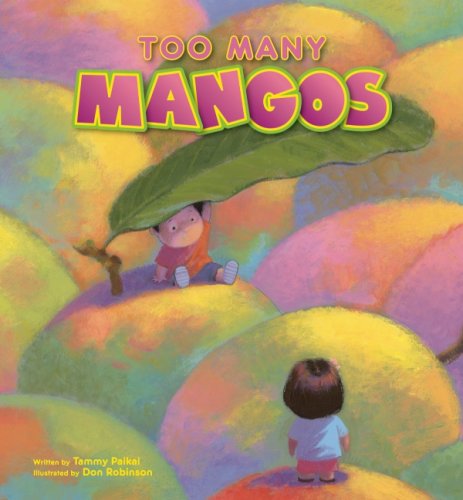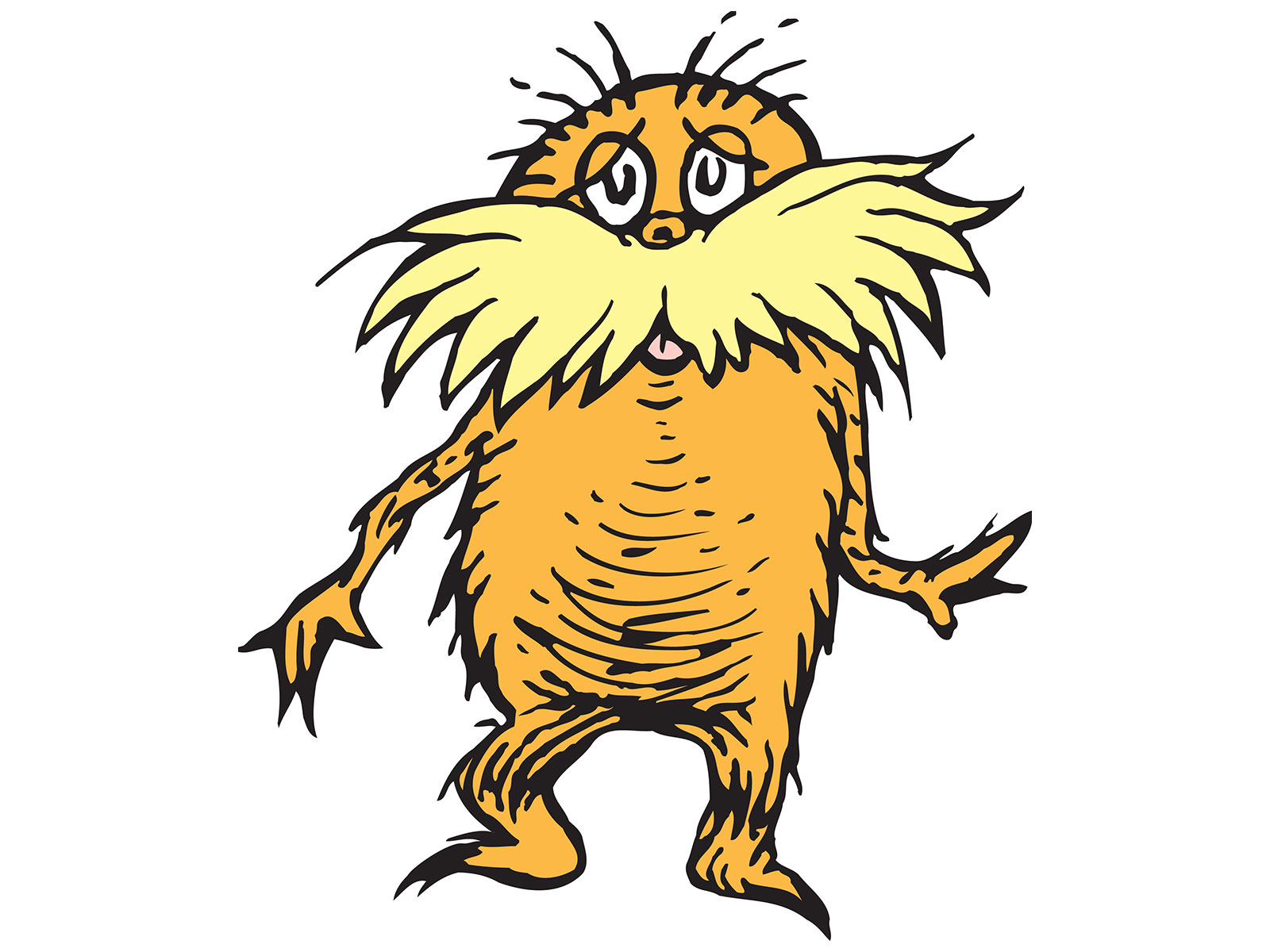Children’s Books for Liberty Lovers
It’s never too early to teach your children about the importance of free markets, limited government, and personal responsibility. Since my second baby was born a few weeks ago, I’ve spent lots of extra time immersed in the vast library of children’s books we’ve amassed since my son was born three years ago. Like any diligent millennial parent, I’m very keen to ensure the books I’m reading to my children impart the sorts of principles that I think are important. Today, I’ll share the top three books to aid in raising liberty-loving children.

When it comes to teaching children about the function and importance of free markets, you can do no better than the book Too Many Mangos. Kama and his sister Nani picked too many mangos from their Grandpa’s big tree. Grandpa suggests they take the mangos around to share with their neighbors. In return for the mangos, each neighbor shares something they have grown or created – including papayas, guava jam, and an orchid plant. When the children get home, their wagon is free of mangos – but loaded with an assortment of other valuable items.
While not explicitly a book about the magic of markets, this book teaches a variety of important things. Perhaps most importantly, it shows how markets work best when we all bring something different to the table. Kama and Nani are able to benefit from the fruits of their neighbors’ vast array of talents, just as their neighbors are able to benefit from their abundance of mangos. The book also shows how individuals mutually benefit from trade. Every exchange involves giving up things we value less for those we value more. In this case, the children valued an array of different items more than they valued the additional mangos they had picked. Their neighbors, likewise, valued the mangos more than the additional muffins and papayas they had on hand. Not only was everyone made better off as a result of the exchange, but their lives were actually richer due to the variety of goods they now had access to. There are, to be sure, many more lessons to be learned from this book (and even my 6-week-old has been introduced to marginal thinking through this text), but I’ll leave it at that for now.
Limited government might seem like a topic that would be difficult to discuss with children, but the book Sofia Valdez, Future Prez masterfully allows parents to begin the conversation. In the book, second-grade Sofia comes up with a plan to turn an unsightly (and dangerous) trash heap into a park. The easy way to do this would be to file for a grant with the state or federal government, then hope her proposal stands out from the vast sea of other similar proposals. But this isn’t what Sofia does. Instead, she rolls up her sleeves and works with the local government and the citizens of her town to make the park a reality.
The Tenth Amendment to the U.S. Constitution tells us that rights not explicitly given to the federal government are left to the states and/or the citizens. Yet over the years, increasingly more local power has been ceded to higher levels of government. Sofia Valdez’s story shows how problems can be solved locally. Further, when problems are solved locally, they tend to fit the unique needs of the local population much better than when problems are solved via high level bureaucracy.

My final recommendation is a book most of you already know, though my interpretation might be a bit unconventional. While Dr. Seuss’ The Lorax is often held up as a story that encourages environmental activism, and championed by apostles of the Green New Deal, I read it as a book primarily about personal responsibility.
The most important sentence in the book is, “Unless someone like you cares a whole awful lot, nothing is going to get better. It’s not.” The natural environment is important to preserve and protect, but contemporary politicized efforts are often rife with unintended consequences. Even Dr. Seuss himself thought the rhetoric of the modern environmentalist movement was “preachy and bossy.” Yet individuals who care about the environment are regularly finding innovative solutions to some of the planet’s toughest environmental and natural resource problems. And this message has wide applicability outside the environmental arena. Liberty requires personal responsibility, and The Lorax allows us to have this conversation with children in words that they can understand.
I fully admit that my reading of these books is colored by my economics education, so I may be reading more into them than the authors intended. Yet George Mason economist Peter Boettke often refers to the tools of economics as a set of eyeglasses that help individuals make sense of the chaotic world around them. I hope my set of economics eyeglasses can help you begin the important conversations about free markets, limited government, and personal responsibility with the children in your lives.




